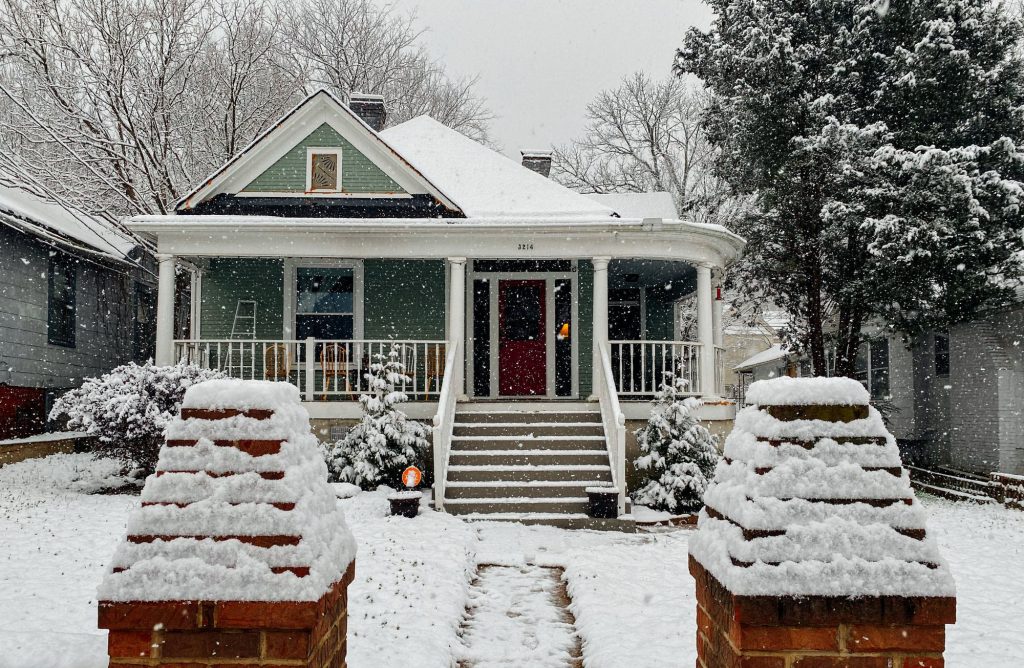The U.S. Department of Health and Human Services (HHS) has announced awarding $3.37 billion in relief funds through the Low Income Home Energy Assistance Program (LIHEAP) to help low-income individuals and families afford home heating costs this winter and cover unpaid utility bills. These funds will also help families make cost-effective home energy repairs.
Households across the U.S. are expected to spend more to heat their homes this winter compared to last year, as global oil and gas production hasn’t increased as quickly as demand as the world recovers from the pandemic. The resources being announced today will help some of the most vulnerable American families cover the higher costs relative to pandemic lows last year.
“This law has helped low-income families pay their home heating and cooling bills for decades. With heating bills expected to increase this winter, LIHEAP is more important than ever for people struggling to make ends meet. This program helps advance our mission of protecting the health and wellbeing of all Americans,” said HHS Secretary Xavier Becerra. “With these additional funds, the program will offer relief to millions of working families hit hard by the COVID-19 pandemic.”
The LIHEAP allocation is timed to make energy assistance funds available to states, the District of Columbia, territories, and tribes ahead of the winter heating season. LIHEAP grantees will be able to use the funding appropriated by Congress through the Extending Government Funding and Delivering Emergency Assistance Act (Public Law 117-43), along with funding made available through the American Rescue Plan Act, to assist more than 5 million households this winter.
Dr. Lanikque Howard, the Director of ACF’s Office of Community Services, said, “Low-income households spend three times more of their income on energy costs than more affluent households, with almost 70 percent of low-income households experiencing high energy burden.”
If you are interested in applying for energy assistance, contact your local, state, territory, or tribal LIHEAP agency or call the National Energy Assistance Referral (NEAR) hotline toll-free at: 1-866-674-6327.






